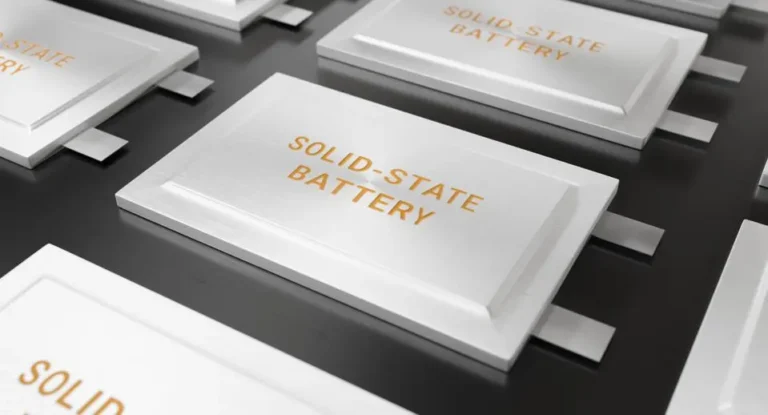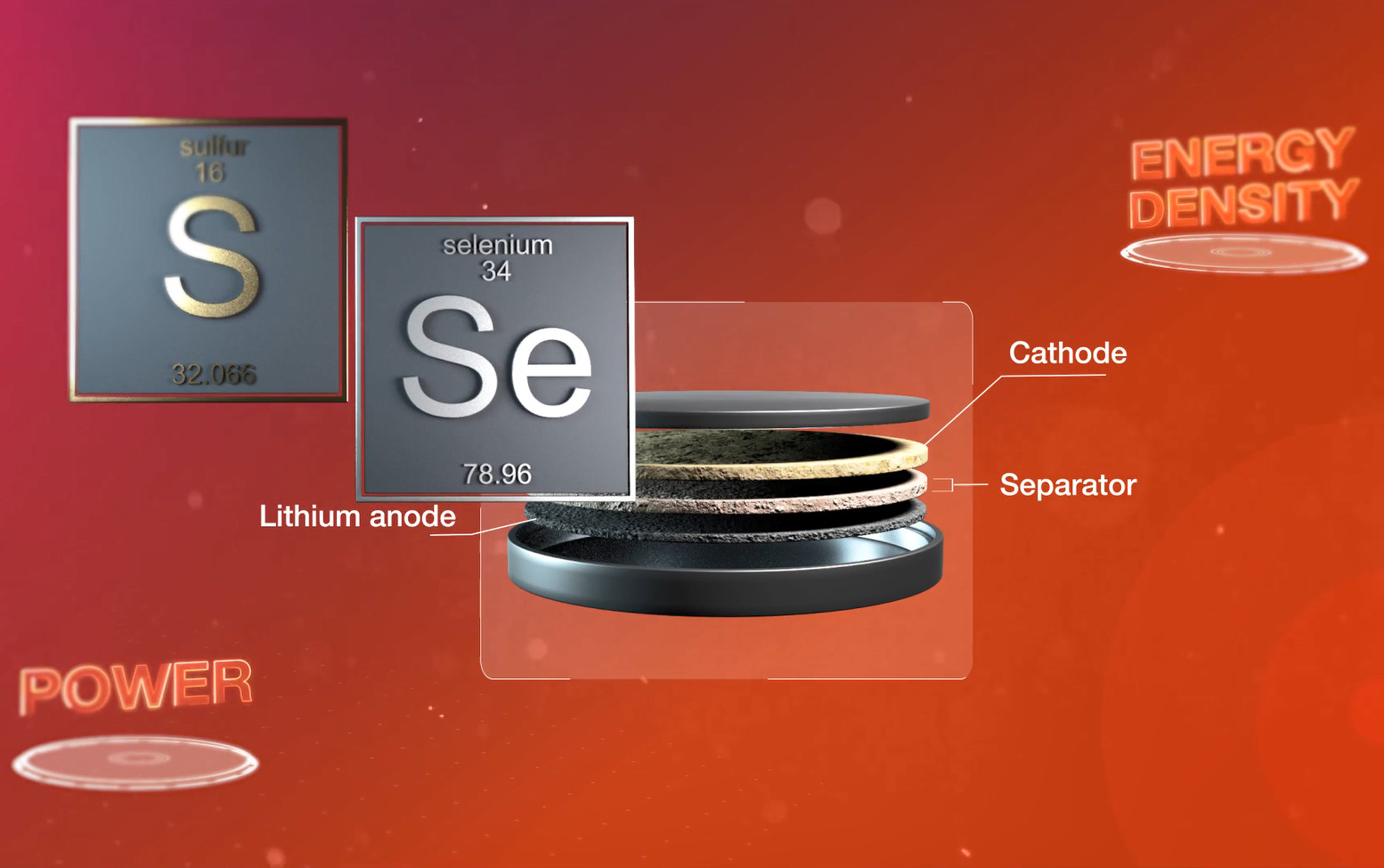NASA Introduces Solid Battery to Revolutionize Air Travel

NASA may have just found a way to change the future of the aviation industry. Researchers at NASA's Solid-state Architecture Batteries for Enhanced Rechargeability and Safety (SABERS) have successfully created a solid-state battery technically advanced enough to efficiently power an aircraft. These are selenium sulfur batteries in which the separator, which allows the passage of electrons, is solid. No liquid catalyst, as is currently the case with lithium batteries.
Finding a way to make air travel greener has been a key focus for the global path to decarbonisation, as well as for the economic well-being of the industry in a future where fuel prices are likely to continue to rise as policy tools such as carbon taxes become more common. In this way air travel is detached from fossil or synthetic hydrocarbons.
The transportation sector is one of the world's largest contributors to climate change, producing nearly a quarter of total energy-related carbon emissions worldwide – and aviation is one of the biggest offenders. On average, airplanes emit about 100 times more carbon dioxide per hour than a shared bus or train ride, and the cost of air travel is closely tied to that of oil and its derivatives. Overall, annual emissions from aviation are higher than those of most countries, at 1 billion tonnes of carbon dioxide annually. And burning jet fuel not only emits carbon, but also produces "nitrogen oxides, soot, water vapor and sulfate aerosols, all of which interact with the atmosphere and affect climate in different ways and over different time scales."
The fact of using solid-state batteries also provides a considerable weight advantage: wet batteries require a liquid containment structure which obviously has a weight. A solid state battery can be stacked without any structure, thus saving 30% 40% of the total weight. Furthermore, the new type of battery has been improved to such an extent that it allows the discharge of energy in a factor of 10 compared to ordinary ones.
Not only will the new batteries be able to electrify aircraft, thus eliminating carbon and non-carbon emissions associated with the combustion of jet fuel, but these revolutionary solid-state batteries manage to avoid one of the most important trade-offs plaguing electrification processes: lithium. Lithium is a finite resource associated with its own set of negative environmental externalities, as well as important geopolitical implications. China currently controls nearly a third of the world's lithium supply chains, and diversifying that market won't be easy. Additionally, the essential role of lithium in a huge number of clean energy infrastructure components has led to soaring prices and a scarcity mindset. Avoiding this sticky situation altogether is a big win for SABRES.

Thanks to our Telegram channel you can stay updated on the publication of new articles from Economic Scenarios.
The article NASA Introduces Solid Battery to Revolutionize Air Travel comes from Economic Scenarios .
This is a machine translation of a post published on Scenari Economici at the URL https://scenarieconomici.it/la-nasa-presenta-la-baatteria-solida-per-rivoluzionare-il-trasporto-aereo/ on Mon, 24 Jul 2023 06:00:20 +0000.

